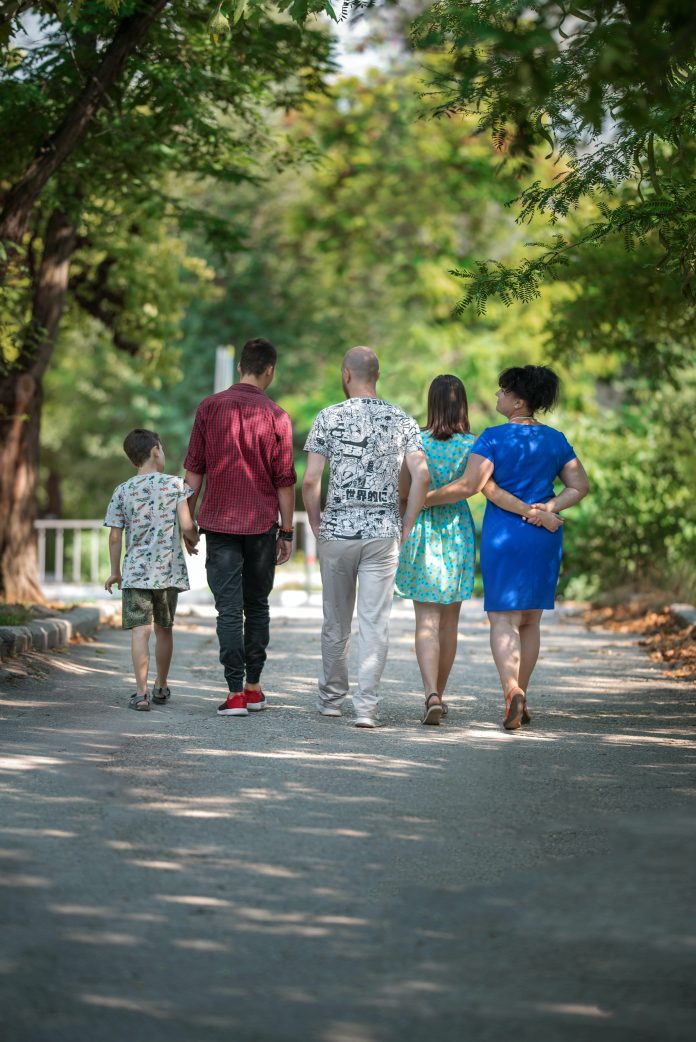
Author: Zeinab Karimi
Families with migration background are often defined as having traditional cultures that do not fit into Western modernity. Such an assumption associates these families with conflicts between parents and children, forced marriage, and gender inequality. This assumption negatively represents the younger generation in battle against their tradition-bound parents.
During the years 2011-2014, I spent time with families who had migrated from Iran to Finland between 1990’s and early 2000’s. My aim was to study how the parents and children made sense of their interrelationships and how they saw their own position in Finland. One of the key results was that the perception of their social class influenced the lives of these families.
The families experienced having a low position in the Finnish social class hierarchy. This greatly affected the ways in which family members experienced their role as parents and children. For example, the parents were facing difficulties in finding jobs relevant to their education or skills. They were also greatly affected by the social isolation that they faced in Finland.
Such difficulties manifest in parent-child relationships since the parents struggled to give an example of a successful person to their children and their surrounding society. The parents also felt they had limited resources to impact their children’s performances, such as education.
Raising successful children
Both fathers and mothers experienced that their position in Finnish society is lower, compared to prior to migration. While the fathers’ difficulties in being successful in the Finnish labour market negatively affected their parenting and self-esteem, mothers were able to present their mothering value through caring duties in their everyday family life.
Despite the differences between the ways in which fathers and mothers experienced and performed parenting, they both found raising successful children as a way to represent their family as deserving and valuable in their Finnish-Iranian communities. They were determined to guide their children to acquire higher education, resist discrimination, find a job, and search for a suitable partner.
On the other hand, the adult children sometimes had a hard time navigating between their parents’ expectations of success and autonomy. They expressed strong sympathy towards their parents and gratefulness towards their sacrifices. However, their definition of success might have not been the same as their parents, especially in the realm of education and partnership. As an example, one of the children mentioned: “My father expected me to become someone whom I did not want to be; a doctor or a lawyer, all highly skilled occupations. But I never found education as something which would make me happy”.
Parent—child relationships in families with migration background must be addressed and understood beyond stereotypes. In contrast to the media representations, we need to emphasize how social inequalities – in terms of gender, class and migration – create challenges for families within their intergenerational relationships. The life of these families are negatively affected by stigmatization and racialized assumptions in a society which challenges them to feel accepted and respected.
Zeinab Karimi defended her PhD dissertation titled “Locating respectability: Rethinking intergenerational relationships in Iranian families living in Finland” at the University of Helsinki in May 2020.
More information: https://helda.helsinki.fi/handle/10138/314248










